Sleep disorders are increasingly recognized as significant health concerns, affecting hundreds of millions of people worldwide. Two prevalent sleep disorders, obstructive sleep apnea (OSA) and chronic insomnia, not only disrupt restful sleep but also pose independent risks for heart disease. In this blog post, we will explore the relationship between these two conditions, shedding light on their differences, prevalence rates, and the potential implications for cardiovascular health.
Insomnia and Sleep Apnea: Different Yet Interconnected:
Insomnia and sleep apnea are distinct sleep disorders with different underlying mechanisms, but they can coexist and influence each other’s clinical characteristics. Insomnia is characterized by difficulty falling asleep, staying asleep, or experiencing non-restorative sleep, leading to daytime impairments such as fatigue, mood disturbances, and reduced cognitive function. On the other hand, sleep apnea involves repetitive pauses in breathing during sleep, caused by a partial or complete obstruction of the upper airway.
The prevalence of Insomnia in Sleep Apnea patients
A recent study conducted at two university hospitals focused on understanding how common it is for people with sleep apnea to also have insomnia, and how it affects them. They studied 476 patients with sleep apnea and put them into two groups: one with insomnia (OSA+I) and one without (OSA−I), based on a sleep assessment.
What They Found:
Surprisingly, almost 1 out of 3 people with sleep apnea also had significant insomnia, which shows that these two sleep problems often occur together. In fact, the sleep medicine community recently termed this association as co-morbid insomnia and sleep apnea (or COMISA). The group with both sleep apnea and insomnia had some differences compared to the group with only sleep apnea. More women were in the group with both problems, and they also had a higher chance of having heart disease. This suggests that having insomnia along with sleep apnea could increase the risk of heart problems.
Effects on Daily Life and Mental Health:
People in the group with both sleep problems reported having a lower quality of life, worse sleep quality, feeling sleepier during the day, and higher levels of depression. These feelings were measured using different questionnaires. This shows that having both sleep apnea and insomnia can really affect a person’s overall well-being.
What’s Next and Conclusion:
This study confirms that a lot of people with sleep apnea also suffer from insomnia, which has been found in other studies too. It makes us wonder why these two sleep problems often go hand in hand and how they might be linked to heart disease. More research is needed to figure this out and find better ways to treat and manage these sleep issues.
What can you do if you think you have insomnia or sleep apnea?
If you suspect that you may be experiencing symptoms of insomnia or sleep apnea, don’t hesitate to seek help for better sleep and overall well-being. Taking action early can make a significant difference in your life.
Ognomy’s board-certified sleep doctors can give you the best diagnosis and provide the guidance you need. You can see them easily online in a video consultation, and get a sleep test sent to your door.
So, don’t let sleep problems impact your quality of life any longer. Book a virtual consultation with one of our sleep specialists today, and take the first step toward better sleep and a healthier, happier you. Your journey to improved sleep and better health starts here!
For more information, contact us or register with us to book your first virtual consultation today.
References:












